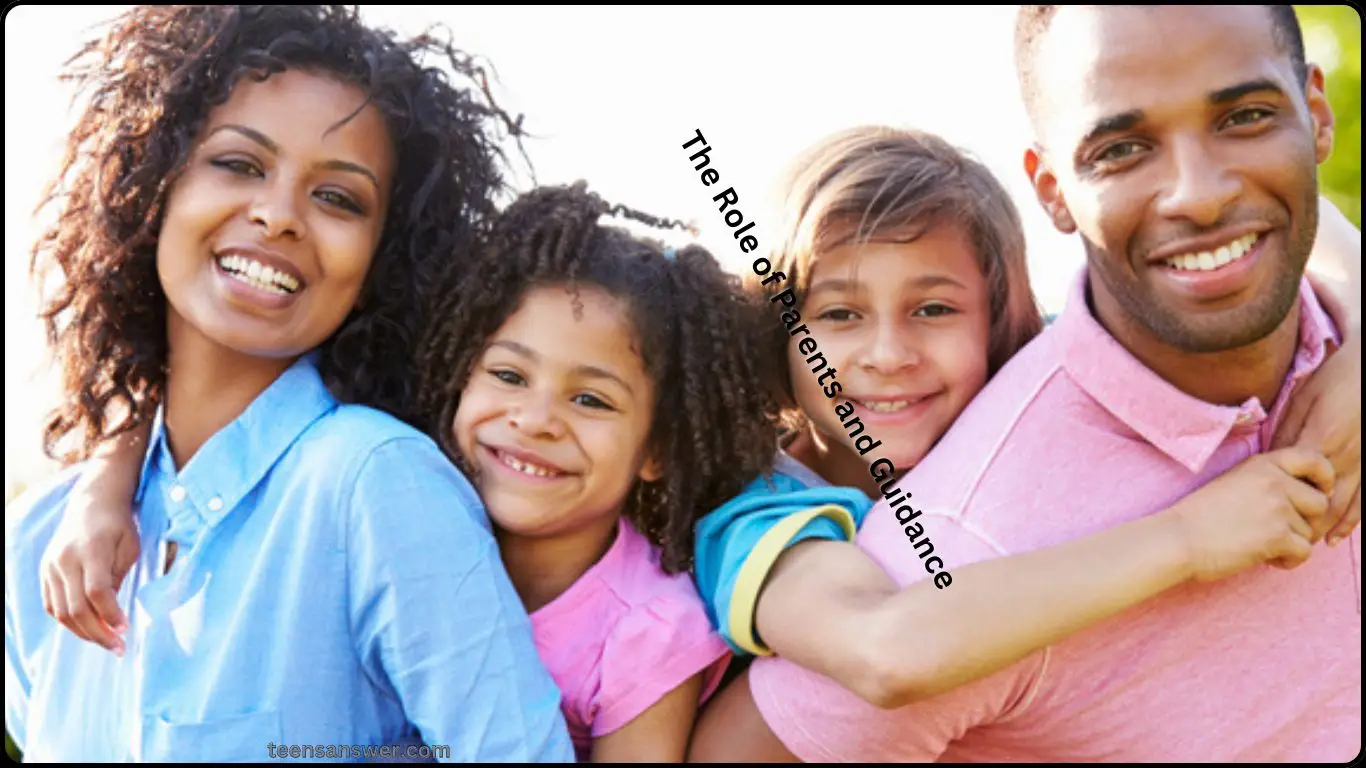The Roles of Parents and Guardians
 The Roles of Parents and Guardians
The Roles of Parents and Guardians
Guiding the Journey of Growth
Parents and guardians play crucial roles in the development and well-being of children. They are the primary architects of a child’s environment, shaping their experiences, values, and future. From providing basic needs to fostering emotional and intellectual growth, the responsibilities of parents and guardians are vast and deeply impactful.
Providing Basic Needs
The most fundamental role of parents and guardians is to ensure the basic needs of their children are met. This includes providing food, shelter, clothing, and healthcare. These essentials form the foundation upon which all other aspects of development are built. A stable and secure home environment is critical for children to thrive and focus on other areas of growth.
Offering Emotional Support
Emotional support is a cornerstone of effective parenting and guardianship. Children need to feel loved, valued, and understood. Parents and guardians offer comfort during times of distress, celebrate achievements, and provide a safe space for expressing feelings. This emotional bond fosters a sense of security and self-worth, which is crucial for mental and emotional development.
Encouraging Educational Growth
Parents and guardians significantly influence a child’s attitude towards education. They provide support with homework, encourage curiosity, and instill the importance of learning. By fostering a positive learning environment at home, they help children develop a love for education and the skills necessary for academic success. Active involvement in a child’s educational journey can lead to better academic outcomes and a lifelong love of learning.
Instilling Values and Ethics
One of the primary responsibilities of parents and guardians is to teach values and ethics. Children learn right from wrong, respect, empathy, and responsibility through guidance and example. These moral foundations are essential for developing into conscientious and compassionate adults. Teaching children about honesty, integrity, and kindness prepares them to navigate the world with a strong moral compass.
Encouraging Independence
While providing guidance and support, parents and guardians also play a critical role in encouraging independence. This involves teaching children how to make decisions, solve problems, and take responsibility for their actions. By gradually giving children more autonomy, parents help them build confidence and self-reliance, which are essential skills for adulthood.
Promoting Social Skills
Social skills are vital for personal and professional success. Parents and guardians help children develop these skills by encouraging positive interactions with peers and adults. Teaching manners, communication skills, and conflict resolution prepares children to build healthy relationships and function effectively in social settings.
Supporting Physical Development
Physical health is another crucial area where parents and guardians play a significant role. Encouraging regular exercise, providing nutritious meals, and ensuring adequate rest are all part of supporting a child’s physical development. Engaging in physical activities together can also strengthen family bonds and promote a healthy lifestyle.
Providing Guidance and Discipline
Guidance and discipline are essential aspects of parenting and guardianship. Establishing clear rules and expectations helps children understand boundaries and the consequences of their actions. Effective discipline involves consistency and fairness, focusing on teaching rather than punishment. It helps children develop self-control, responsibility, and respect for others.
Being Role Models as part of the roles of parents
Parents and guardians serve as the most immediate role models for their children. Children often imitate the behaviors and attitudes of their caregivers. By demonstrating positive behaviors such as kindness, perseverance, and responsibility, parents and guardians set examples for their children to follow. Their actions and attitudes significantly influence a child’s development and worldview.
Nurturing Talents and Interests
Every child has unique talents and interests. Parents and guardians play a crucial role in identifying and nurturing these. By providing opportunities for children to explore different activities and supporting their passions, they help children develop their skills and build self-esteem. Encouraging hobbies and interests can lead to lifelong pursuits and career opportunities.
Adapting to Changing Needs
As children grow, their needs and challenges change. Effective parents and guardians adapt their roles and strategies to meet these evolving demands. Being attuned to a child’s developmental stages and adjusting support accordingly ensures that the guidance remains relevant and effective throughout the different phases of a child’s life.
Conclusion
The roles of parents and guardians are multifaceted and deeply influential. They provide the foundation for a child’s physical, emotional, intellectual, and social development. Through love, support, guidance, and example, parents and guardians help shape children into healthy, confident, and capable adults. Their influence extends beyond the family, contributing to the fabric of society by raising well-rounded and responsible individuals.
Share this content:






















Post Comment